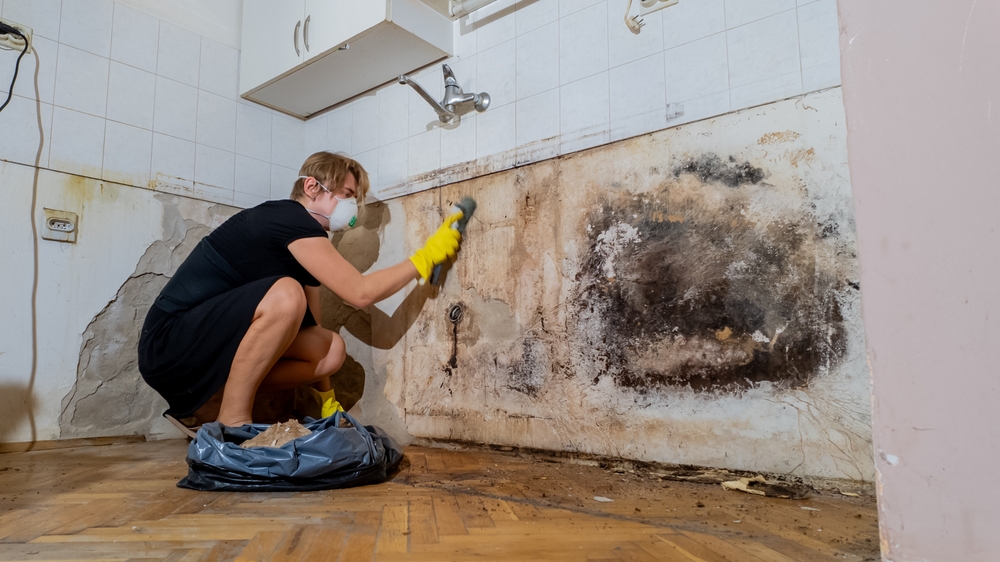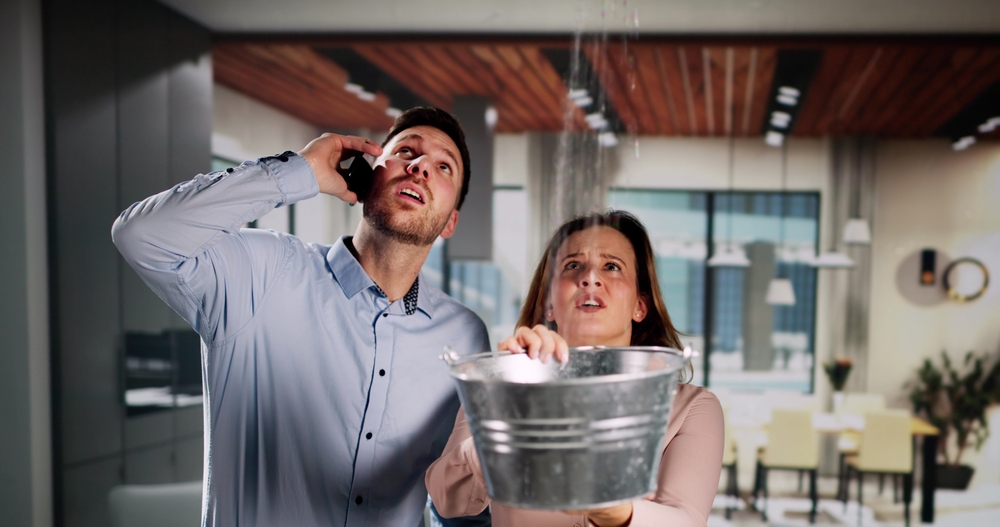Particularly in areas like Philadelphia, water damage is among the most costly and disruptive issues homes deal with. From flash floods and heavy rain to burst pipes and malfunctioning appliances, water damage may strike without warning and create a path of devastation. Often the aftermath consists in broken furniture, damaged floor and wall covering, and even dangerous mold development compromising your health.
Philadelphia’s combination of historic and contemporary houses along with its climate make it especially vulnerable to water damage. You can greatly lower the danger, though, with routine maintenance and preventative actions. This article offers advice for addressing crises, lists typical sources of water damage in your Philadelphia home, and describes doable strategies for avoiding it.
Understanding Water Damage
Water damage damages your property when water leaks into places it shouldn’t be in. The consequences could include little annoyances like wet carpets or major structural problems such foundation fissures or mold infestations.
Avoiding these issues mostly depends on knowing how water damage occurs and spotting any hazards unique to your house and area.
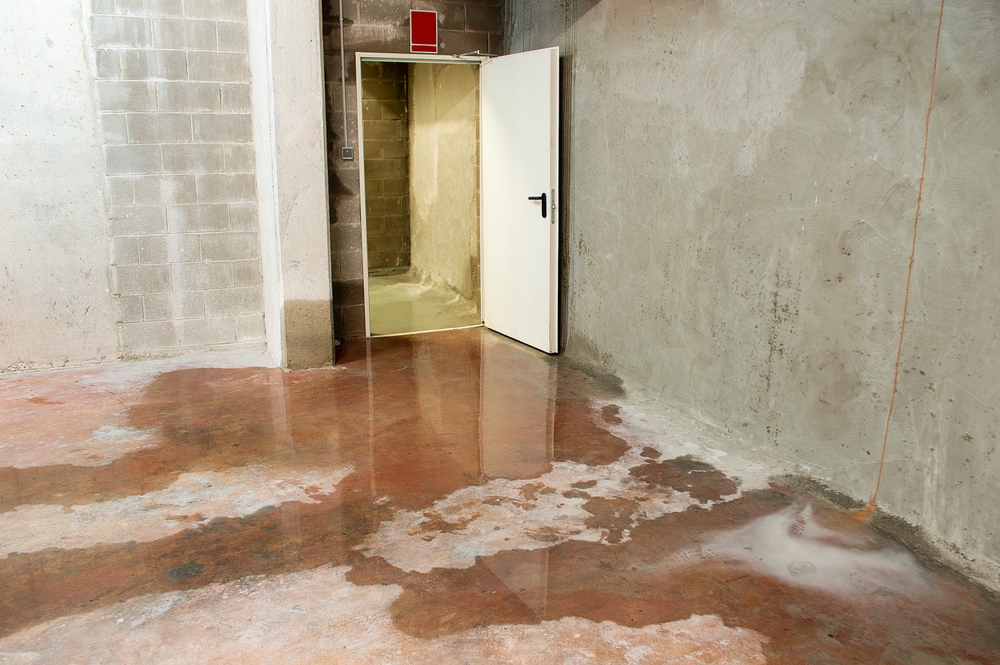
Common Causes of Water Damage in Philadelphia
The aged infrastructure and weather patterns of Philadelphia add to a special set of water damage hazards. Let’s examine the most often occurring causes and discuss how you might handle them.
1. Heavy Rainfall and Flooding
Philadelphia gets plenty of rain, particularly in spring and summer storms. Basement flooding, fractured walls, or even foundation damage can result from precipitation overwhelming drainage systems or pools surrounding the base of a house.
Prevention Tips:
- Maintain gutters and downspouts. Regular cleaning can help to guarantee that rainfall runs away from your house rather than accumulating close to the foundation.
- Install rain barrels. These lessens the load on storm drains and help control extra rainwater.
- Ensure proper yard grading. Make sure your yard runs away from your house so water naturally flows in the proper direction.
2. Frozen Pipes
Philadelphia’s frigid winter weather can cause pipes to freeze. Water freezing and expansion could break pipes, causing leaks or bursts as the ice thaws.
Prevention Tips:
- Insulate pipes. Wrap pipes in unheated areas—basements and attics, for example—using foam insulation to guard against cold damage.
- Open cabinet doors. In really frigid conditions, let warm air flow around pipes beneath sinks.
- Let faucets drip. Small trickle of water keeps it flowing and less prone to freeze.
3. Plumbing Issues
Older Philadelphia homes can feature aged plumbing systems, which are more likely to leak and corrode. Plumbing issues include clogged drains, leaky faucets, or damaged seals can cause major water damage even in more modern homes.
Prevention Tips:
- Conduct regular inspections. Look for evidence of wear and tear including slow-draining sinks, rust, and water stains.
- Fix leaks promptly. Over time, a little trickle can cause major issues.
- Install a water pressure regulator. High water pressure can cause pipes to buckle, increasing leaks’ likelihood.
4. Appliance Malfunctions
Water runs everything from washing machines to dishwashers to refrigerators. Should hoses or connections break, they might quickly spew a lot of water into your house.
Prevention Tips:
- Check hoses and connections. Look for leaks or cracks in the hoses connecting appliances. Change them five to seven years apart.
- Don’t overload appliances. Overloading dishwashers or washing machines could strain parts and raise leak risk.
- Turn off water valves. To avoid mishaps if you are out for a long time, cut off the water supply to appliances.
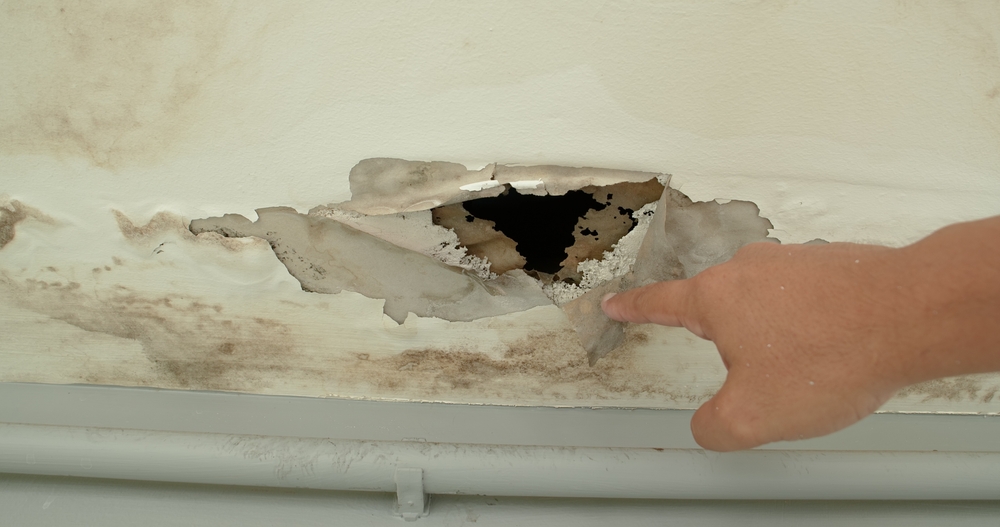
Preventative Measures to Protect Your Home
Regular maintenance and a proactive attitude to spotting and fixing possible hazards help to prevent water damage. Here’s your house’s protection guide.
1. Regular Inspections
Review your house yearly to find any possible sources of water damage. Early discovery helps you save stress, money, and time.
What to Inspect:
- Pipes and faucets: Look for rust or leaks in pipes and faucets.
- Appliances: Check appliances’ hoses and connections for wear or cracks.
- Roof and gutters: Search for cracked, loose shingles or clogged gutters on your roof.
- Foundation: Search around the base of your house for cracks or pooling water.
2. Plumbing Maintenance
Among the most often occurring sources of water damage are plumbing problems. Keeping up with maintenance helps avoid leaks and clogs before they cause major issues.
Tips:
- Install leak detectors. These technologies let you know leaks before they get more serious.
- Flush drains regularly. Debris can be removed and obstructions avoided with a drain cleaner.
- Upgrade old pipes. Swap lead pipes or old galvanized steel for more robust materials like copper or PVC.
3. Roof and Gutter Maintenance
Your gutters and roof point water away from your house. Should they be in poor condition, water can pool on your roof or close to your foundation and cause harm.
Tips:
- Inspect your roof annually. Find and fix missing or damaged shingles right away.
- Clean gutters regularly. Frequent gutter cleaning is essential Clear trash and leaves to avoid obstructions that can let water spill over.
- Install gutter guards. These decrease the amount of trash that finds your gutters, so reducing maintenance requirements.
4. Basement Waterproofing
Given their below ground location, basements are especially prone to water damage. Basement waterproofing guards against flooding and leaks.
Techniques:
- Seal walls and floors. Apply a waterproof sealer to stop water from leaking over cracks.
- Install a sump pump. A sump pump empties water gathering in your basement.
- Add a vapor barrier. This lowers air moisture, therefore stopping damage and mold formation.
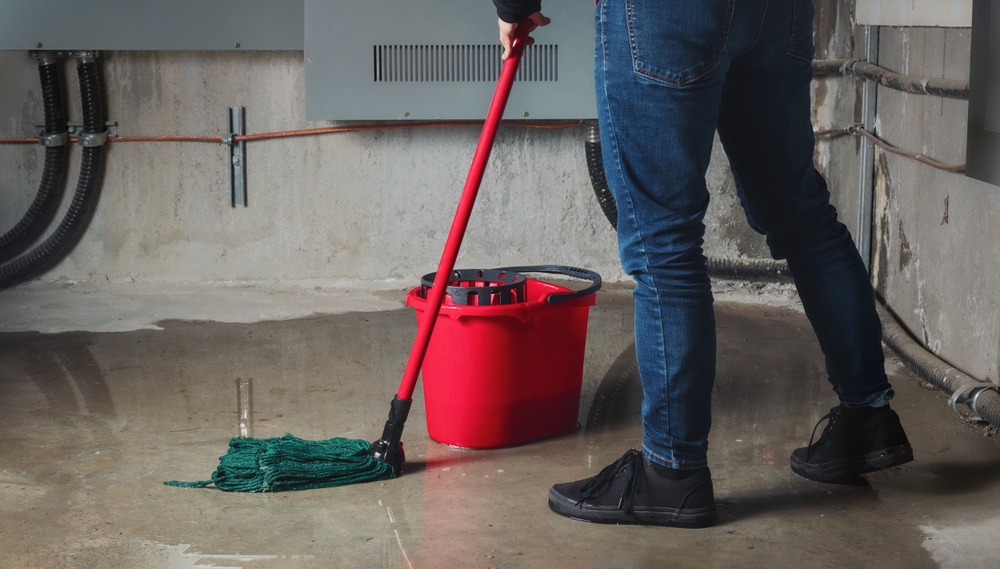
Emergency Preparedness
Water damage can still result even with the best prevention actions. Being ready for an emergency can assist you to react fast and reduce the harm.
1. Create an Emergency Plan
Dealing with water damage calls for knowing how to react. In an emergency, a well-defined plan will save time and help to lower stress.
Steps to Include:
- Shut off the water supply. Make sure everyone living in your house understands where and how to use the main water shut-off valve.
- Move valuables. If flooding is likely, move valuables including documents, appliances, and antiques higher ground.
- Mitigate damage. Until expert aid shows up, use towels, buckets, or sandbags to hold water.
2. Keep Emergency Contacts Ready
Minizine damage can be greatly reduced with the correct contacts right at hand.
Important Contacts:
- Plumbers: For quick leaks or broken pipe repairs.
- Restoration companies: To fix and tidy water damage.
- Insurance agents: To assist in claim filing and damage assessment analysis.
Additional Steps for Philadelphia Homeowners
Philadelphia’s infrastructure and environment present special difficulties for its residents. Following these additional guidelines helps to guard your house even more against water damage.
- Invest in Flood Insurance: Usually, standard homeowners’ insurance excludes flood damage. To guard against major weather occurrences, Philadelphia residents should give flood insurance some thought.
- Monitor Local Weather Alerts: Sign up for local weather alerts to keep informed about storms, lots of rain, or frigid temperatures. Knowing ahead of time what is coming lets you ready your house.
- Upgrade Your Drainage System: If flooding runs rampant in your house, think about building a French drain or trench drain to increase water movement and stop pooling close to your foundation.
Conclusion
Although Philadelphia homeowners are quite concerned about water damage, it is not unavoidable. Your risk will be much lowered by knowing the typical sources of water damage and acting early on.
Every preventative action, from pipe inspections to gutter cleaning, gives your house even more protection. Don’t wait for water damage; start using these ideas right now.
Apart from routine maintenance, make sure you are ready for a crisis by developing a reaction strategy and always carrying key contacts close by. Whether it’s a busted pipe or a flooded basement, a fast and orderly reaction can help to reduce damage and ease recovery.
Among your most worthwhile assets is your house. Following these guidelines helps you to avoid water damage, so safeguarding not only your belongings but also your mental serenity. Get moving to protect your Philadelphia house from water damage.
Philadelphia Restoration Services
https://www.google.com/maps?cid=3399342399556699153
+1 267 668 0013
https://philadelphiarestorationservices.com/

